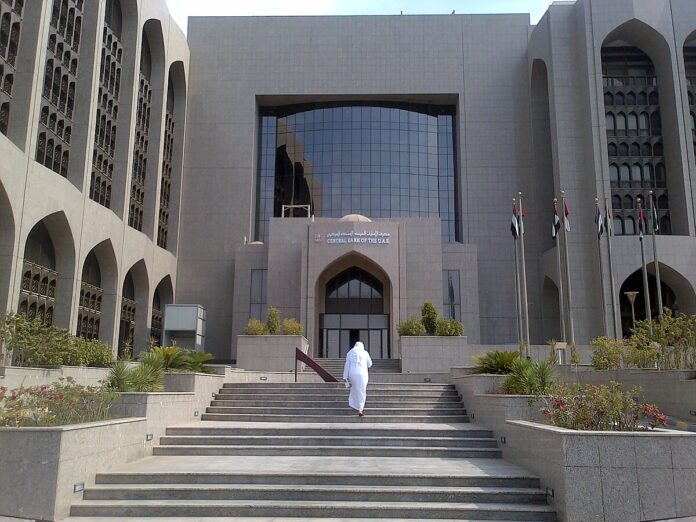The Federal Supreme Court of the United Arab Emirates has reaffirmed that banks and financial institutions are prohibited from charging compound or accumulated interest, ruling that the total interest payable must not exceed the original value of the loan.
The landmark decision came as the country’s highest court overturned an appellate judgment that had ordered a borrower to pay AED 1.553 million on a loan originally worth AED 700,000, and remanded the case to the Court of Appeal for reconsideration.
The dispute began when a bank filed a lawsuit seeking AED 1.919 million plus 11.25% annual interest, alleging that the borrower had defaulted on two facilities totaling AED 700,000 — one for AED 634,000 and another for AED 66,000.
While the Court of First Instance ruled partially in favour of the bank, capping the interest at the principal amount, the appellate court later increased the repayment to AED 1.553 million, prompting the borrower to appeal to the Supreme Court.
The borrower argued that the interest charged amounted to compound interest, which is explicitly prohibited under UAE law. The Supreme Court agreed, observing that the accrued interest of AED 860,147 exceeded the loan’s original principal.
In its ruling, the court clarified that banks may charge contractual or market-rate interest on outstanding balances before the loan account is closed, but only simple interest can be applied thereafter. It further emphasised that delay interest, intended as compensation for late payment, must not result in the total debt surpassing the original loan amount.
The judgment reinforces the UAE’s long-standing legal stance against compound interest practices, underscoring the country’s commitment to fair lending standards and borrower protection



